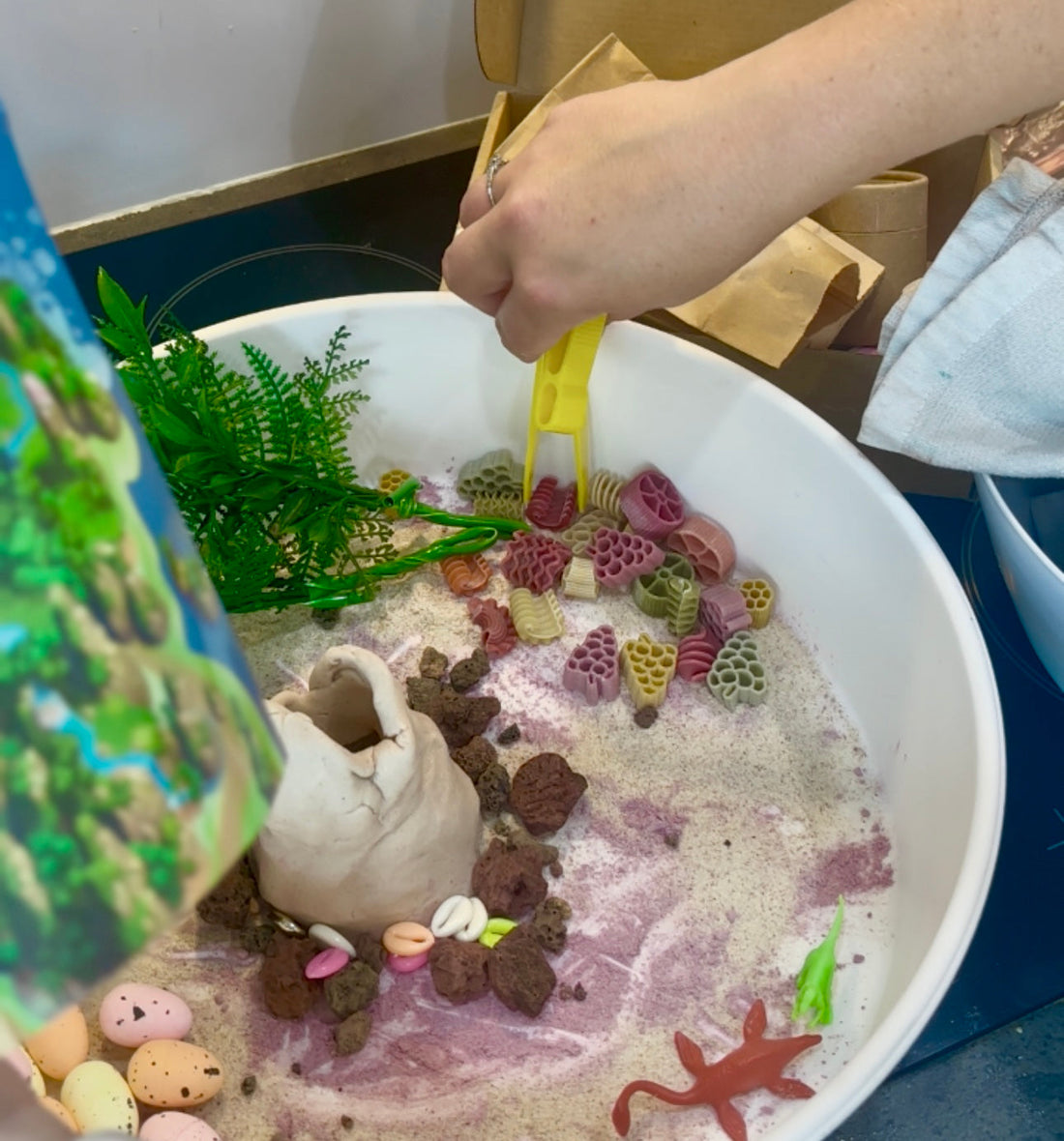
Understanding Attention Spans in Children: Ages 0-8
Share
Attention span is not just a buzzword; it’s a vital part of your child's developmental journey. Understanding the nuances of attention spans can empower parents and caregivers to cultivate environments that promote focus and engagement.
0-1 Years:
At this stage, infants are naturally inquisitive but can only maintain their attention for a fleeting moment—typically just a few seconds to a minute. Use vibrant toys and soothing sounds to capture their interest. According to developmental psychologist Jean Piaget, sensory experiences are crucial for cognitive growth. [Learn more about Piaget's theory here.](https://www.simplypsychology.org/piaget.html)
1-2 Years:
As toddlers, children can engage with activities for 1-3 minutes. This is the perfect time to incorporate interactive play. Simple games that require participation can extend their focus. Research from the American Academy of Paediatrics emphasises the importance of play in early childhood development. [Read the AAP's guidelines here.](https://pediatrics.aappublications.org/content/142/3/e20162025)
3-4 Years:
Preschoolers can concentrate for 5-10 minutes. This age is ripe for introducing structured play and educational activities that align with their interests. Vygotsky’s theory of social development highlights the benefits of collaborative play in enhancing attention. [Explore Vygotsky's theories here.](https://www.verywellmind.com/vygotskys-theory-of-cognitive-development-2795586)

5-6 Years:
Kindergarteners typically have an attention span of 10-15 minutes. They thrive on activities that blend movement with learning, such as interactive storytelling or basic science experiments. Engaging them in discussions can also help maintain their focus. According to a study published in the journal *Frontiers in Psychology*, active participation can significantly enhance attention spans in children. [Check out the study here.](https://www.frontiersin.org/articles/10.3389/fpsyg.2019.00250/full)
7-8 Years:
At this stage, children can sustain attention for 15-20 minutes. Encourage them to tackle longer projects that stimulate their curiosity and cognitive abilities. Research by the National Institute for Learning Outcomes Assessment shows that structured challenges can significantly boost engagement and focus. [Read more about their findings here.](https://niloa.unl.edu/publications/national-report)
Current Research:
Recent studies reveal that minimising distractions and creating a predictable routine can vastly improve a child’s ability to focus. Activities that are interactive and age-appropriate can greatly enhance their attention spans, making learning a joyful adventure. A 2020 study published in *Child Development* found that children who engaged in regular outdoor play had better focus in structured activities. [Discover the study here.](https://srcd.onlinelibrary.wiley.com/doi/abs/10.1111/cdev.13496)
Understanding attention spans and setting realistic expectations is essential for fostering a love of learning. By providing engaging activities and maintaining a supportive environment, you can help your child thrive in their developmental journey.
